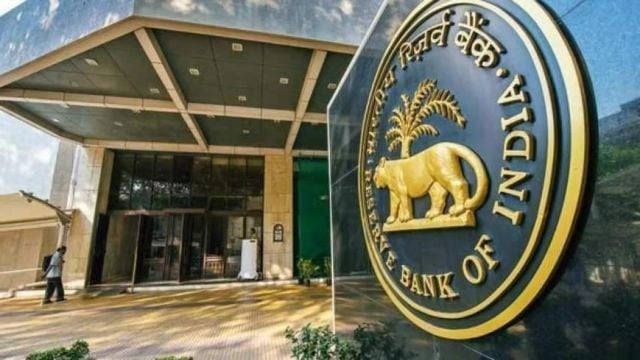Challenges in Municipal Financing

- 25 Nov 2024
Introduction
Municipal corporations (MCs) in India are essential service providers in urban areas, but they face severe financial constraints, which hinder their ability to provide quality services. While urban India contributes almost 60% of the nation's economic output, MCs are heavily reliant on state and central government transfers, limiting their financial autonomy and operational capacity.
Key Issues in Municipal Financing
- Limited Revenue Generation
- Low Property Tax Revenues: Property tax, the main source of municipal revenue, contributes only 0.12% of GDP, a figure that reflects poor tax collection mechanisms and outdated property valuation systems.
- Revenue Concentration: Over 58% of municipal revenue comes from the top 10 cities, highlighting fiscal disparity between urban areas.
- Dependence on Government Transfers: Municipalities rely significantly on state and central transfers, constituting a large portion of their revenue. This reduces their ability to plan and execute long-term projects independently.
- Inefficiency in Tax and Fee Collection
- Ineffective Property Tax Systems: Existing tax formulas do not reflect actual property valuations, leading to under-taxation and revenue loss.
- Inadequate User Charges: Fees for essential services like water supply, sanitation, and waste management are not regularly adjusted, impacting cost recovery and service quality.
Strategies for Strengthening Urban Local Bodies (ULBs)
- Enhancing Revenue Sources
- Property Tax Reforms: Implementing GIS-based property tax mapping and linking tax rates to actual property valuations can improve tax compliance and revenue generation.
- Rationalising User Charges: Regular adjustments to service fees for water, sanitation, and waste management can ensure cost recovery and better service delivery.
- Reducing Dependence on Transfers
- State and Central Transfers: A rule-based framework for government transfers, accounting for inflation and city growth, can ensure predictability and adequate compensation for MCs.
- Boosting Non-Tax Revenues: MCs can increase income from user fees (e.g., for urban transport and waste management) and explore public-private partnerships (PPPs) to enhance service delivery.
- Leveraging Technology for Efficiency
- Digitalisation and Automation: Streamlining processes through technology can reduce inefficiencies, cut down on waste, and free up resources for capital expenditure.
- Monitoring Systems: Improved monitoring and reporting can reduce pilferage, enhance revenue collection, and ensure accountability.
Fiscal Management and Innovative Financing
- Municipal Bonds and Innovative Financing
- Larger MCs are already using municipal bonds to fund infrastructure projects. Smaller cities can adopt similar financing instruments to diversify funding sources and attract private investment.
- Public-Private Partnerships (PPPs): Fostering partnerships in sectors like urban transport and waste management can attract private investment and reduce the financial burden on MCs.
- Resource Pooling for Infrastructure Projects
- MCs can collaborate to pool resources for large-scale projects, such as renewable energy or urban transport initiatives, overcoming fiscal constraints that individual corporations face.
Government Initiatives for Urban Governance
- Citizen-Centric Programs
- Swachh Sarvekshan (2017) promotes citizen participation to improve urban cleanliness.
- Swachh Bharat Idea Book empowers citizens to propose innovative solutions to urban challenges.
- Performance-Based Indices
- Ease of Living Index (2017) and the Municipal Performance Index (2019) assess urban quality of life, service delivery, and governance, encouraging better performance in ULBs.
Conclusion
Empowering urban local bodies is crucial for effective urban governance and development. By improving revenue generation through reforms, reducing dependence on transfers, and adopting innovative financing mechanisms, municipal corporations can enhance their capacity to meet the growing demands of urbanization. Collaborative efforts between the government, civil society, and academia are essential to ensure sustainable urban development and better living conditions for urban residents.
